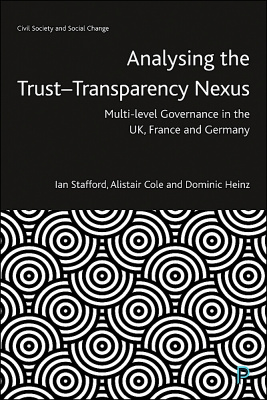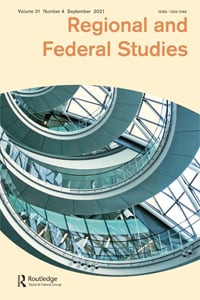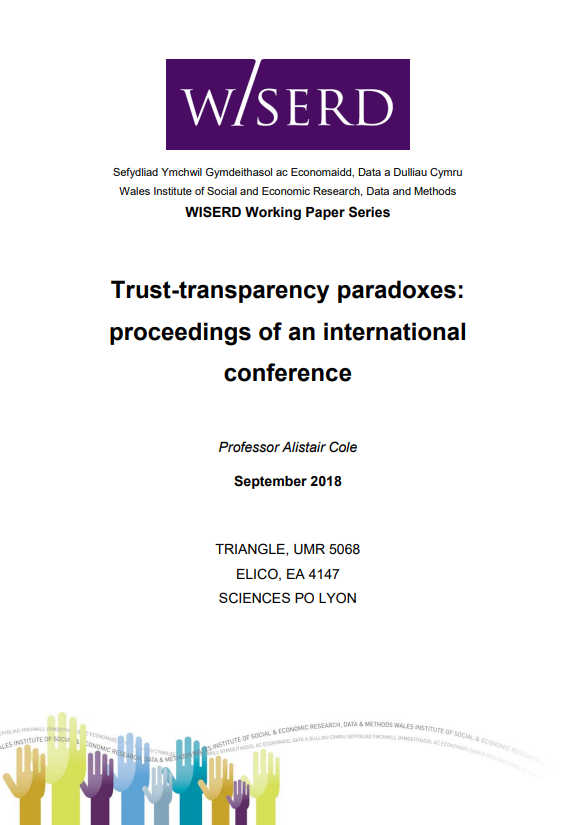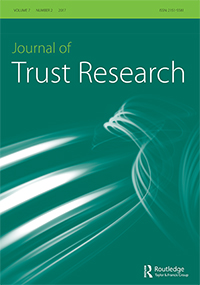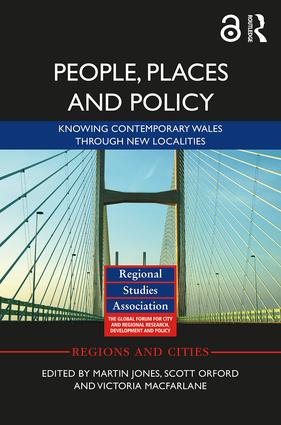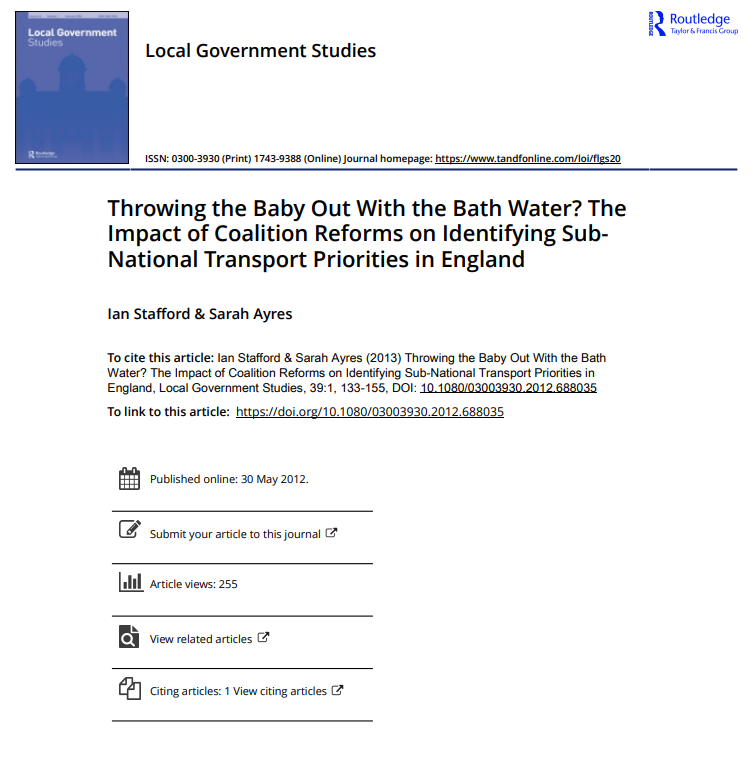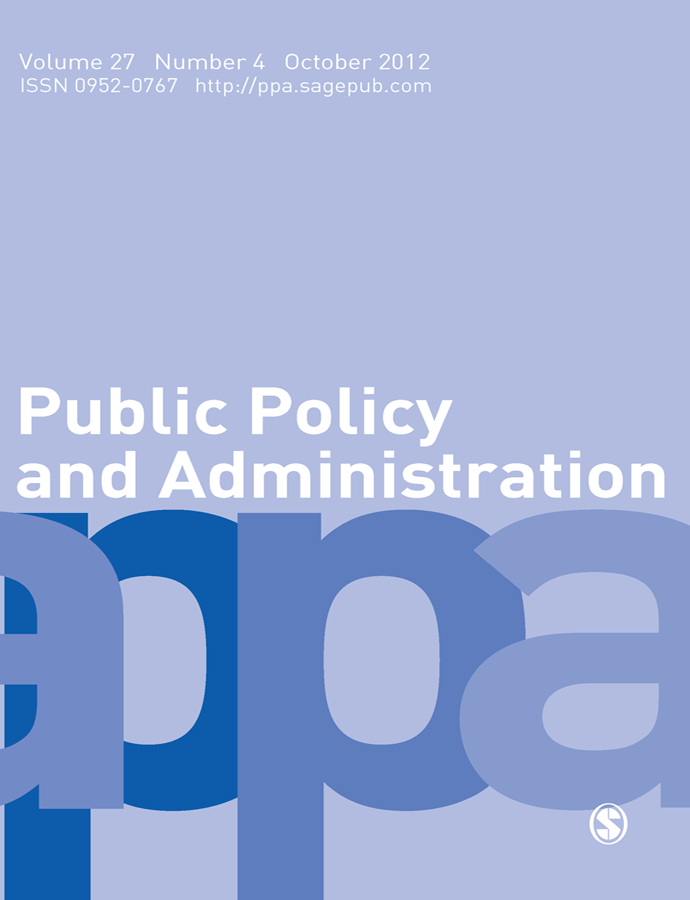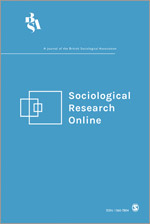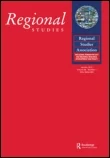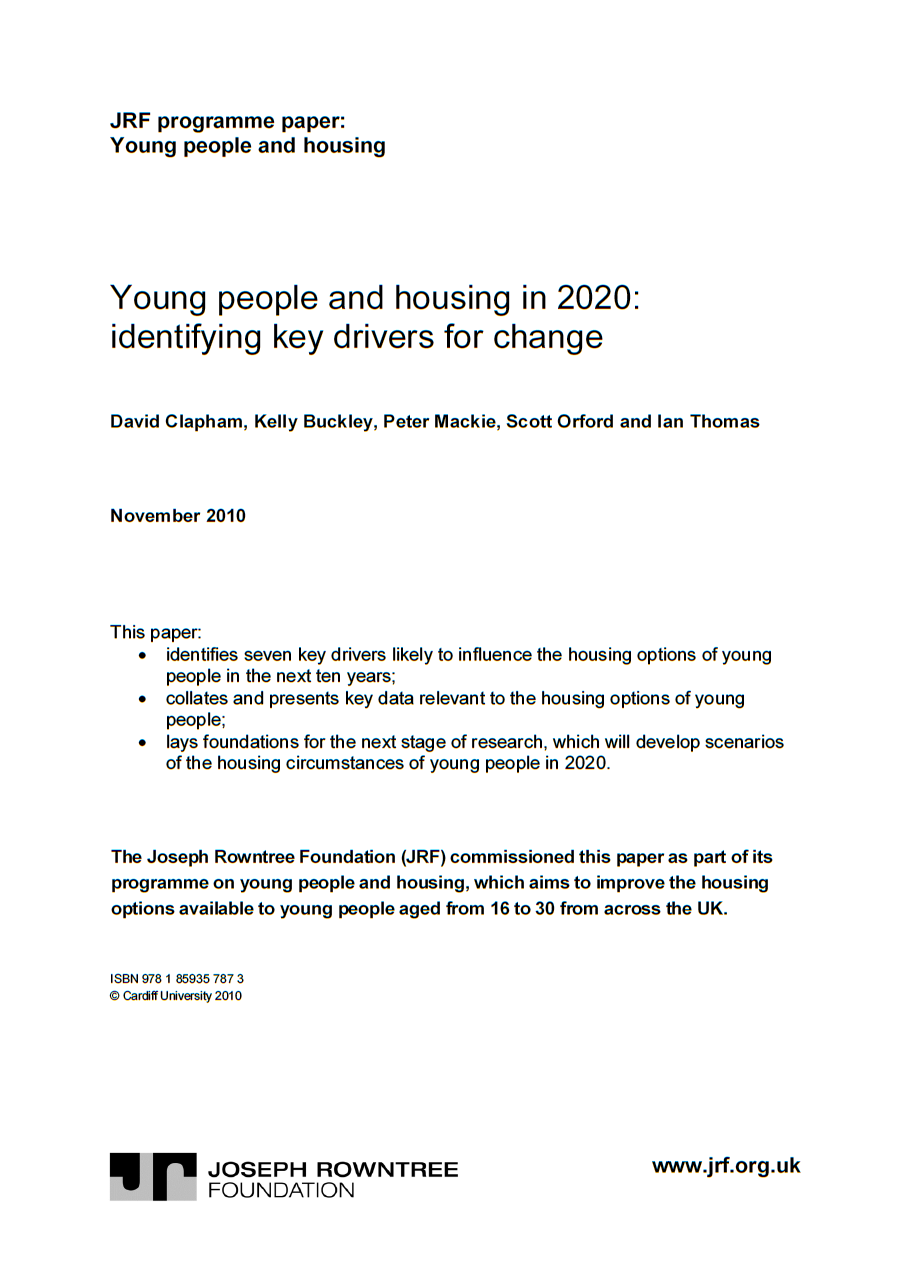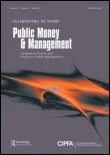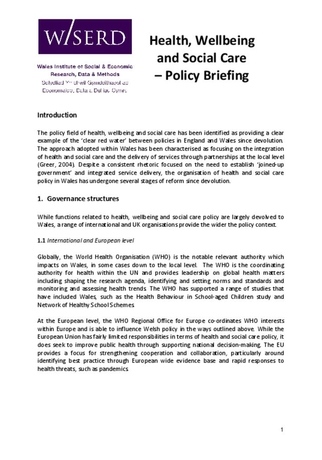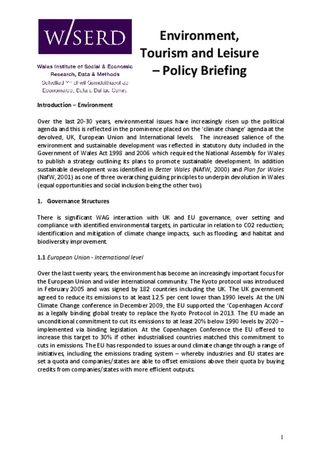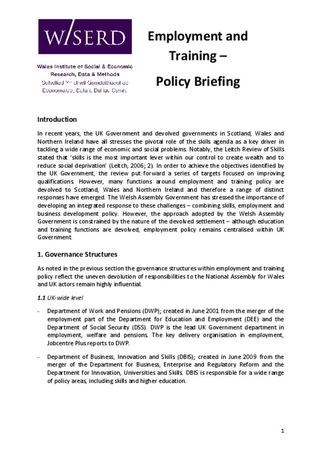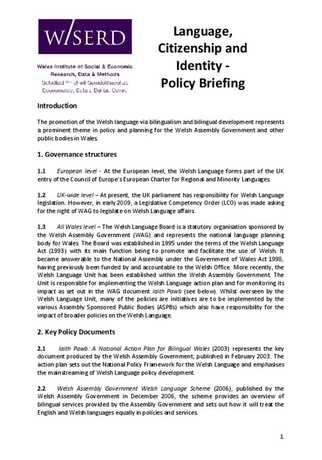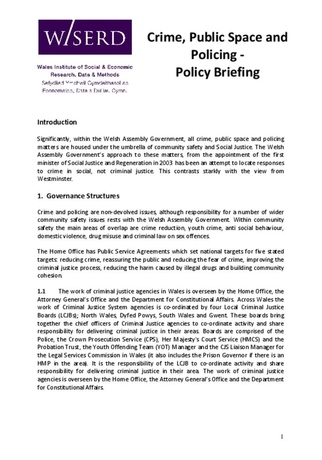Mae'r cynnwys hwn ar gael yn Saesneg yn unig.
Ian Stafford is a Lecturer in Politics in the Department of Politics, School of European Languages, Translation and Politics (EUROP) and affiliated to the Wales Institute of Social and Economic Research, Data and Methods (WISERD). Before formally joining EUROP in April 2012 he was a Research Associate leading on comparative policy analysis within WISERD based at Cardiff University. Prior to joining WISERD in January 2009 Ian worked for two years at the University of Bristol as Research Associate on the ESRC-funded research project ‘English Regionalism: Rhetoric or Substance? Evaluating Decision Making Procedures for Regional Funding Allocations’ (RES-061-23-0033). Ian also worked on the University of Wales Board of Celtic Studies funded research project ‘Public Policy and Wales-only Legislation: A Study of Transport Policy’ at Swansea University, where he also completed his doctoral thesis on the impact of devolution on the policy making process and policy outputs in Scotland and Wales, using broadband and innovation policy as case studies.
I am currently involved in four broad areas of research:Territorial Governance between Convergence and Capacity A three year Leverhulme Trust funded International Network, led by Professor Alistair Cole, which brings together scholars from across Europe interested in, and working on questions of territorial governance. The core questions to be investigated by the network revolve around whether the economic crisis has undermined, or reversed the seemingly relentless trend towards decentralisation across Europe from the 1980s to c. 2010. In short, has the context of the fiscal and sovereign debt crisis since 2008 potentially undermined the trend towards enhanced devolution? Or, on the other hand, are the dynamics of policy divergence essentially endogenous (domestic-level), sheltered from the direct effects of these global and European pressures?
The network endeavours to capture these processes of convergence and divergence by comparing territorial dynamics in public finance, education and intergovernmental relations in five European states: the UK, France, Germany, Spain and Belgium. The project focuses on five regions – Wallonia, Andalucía, Wales, Brittany and Saxony – that combine a distinctive and developed territorial capacity with fiscal deficits and/or dependent relations with central States. The research design encompasses semi-structured interviews (30 per region), and a small number of contextual interviews with actors at central government level (10 in each country).
The fieldwork in Wales began in late November 2012 and will be completed by early summer 2013. Emerging findings from the Welsh case will be presented at a one-day conference, Europeanising Devolution on 24 May 2013, organised by The Learned Society of Wales in partnership with The British Academy, and with support from Cardiff University, the Leverhulme Trust and the University Association for Contemporary European Studies (UACES), Exploring the governance of England The governance of England has remained a problematic issue within the wider devolution settlement since the introduction of the Scottish Parliament and National Assembly for Wales in 1999. The regional reform agenda pursued by the previous Labour administration was ultimately undermined by the failure of the November 2004 referendum in the North East on elected regional government and the fortunes of alternative approaches, such as city regions, waxed and waned. However, since the May 2010 General Election the Coalition Government has swept away the last remnants of the regional administrative tier and pursued a radical agenda of ‘localism’, characterised by the devolution of functions and budgets to local authorities and communities, for example, via bottom-up Local Enterprise Partnerships (LEPs). Whilst there have been commentaries on the emergence and early development of these new ‘localist’ structures, there has been little systematic analysis of the capacity of these emerging governance structures to effectively integrate multiple strands of policy and collaborate to respond to strategic challenges facing wider localities.
This research builds on past collaborations with Dr Sarah Ayres at the School for Policy Studies at Bristol University, notably the ESRC funded research project ‘English regionalism: rhetoric or substance? Evaluating decision making procedures for Regional Funding Allocations’ (RES-061-23-0033). Transport policy in Wales Transport provides a useful case study in understanding many of the wider themes that have emerged since the introduction of devolution in Wales, notably the challenges around building decision-making capacity and developing effective governance arrangements for delivery.
My current research builds on work initially undertaken through two separate research projects. Firstly, the University of Wales Board of Celtic Studies funded research project ‘Public Policy and Wales-only Legislation: A Study of Transport Policy’, completed at Swansea University and led by Professor Jonathan Bradbury. This project analysed the development of the transport policy community within Wales since the introduction of devolution and the process by which further transport functions were devolved to the Welsh Assembly Government via the Railways Act 2005 and Transport (Wales) Act 2006. The project also began to examine the initial use of these newly devolved powers by the Welsh Assembly Government, particularly in terms of the development of the Welsh Transport Strategy. This research was then taken forward by the small-scale research project Regional Governance of Transport Policy in Wales as part of the policy strand within WISERD.
This project focused on relationship between and decision-making processes adopted by the Welsh Government and Regional Transport Consortia in the development of the Welsh Transport Strategy, National Transport Plan and Regional Transport Plans. A co-authored monograph providing an overview of transport policy in Wales is in development and several papers are in the process of being submitted for publication. Squaring the Circle? The 2013 Review of Parliamentary Constituencies in Wales The Parliamentary Voting System and Constituencies Act 2011, which received Royal Assent in February 2011, included high profile measures to reduce the size of the UK Parliament from 650 to 600 seats and standardise the population size of parliamentary constituencies to within five per cent of the UK electoral quota (76,641).
These proposals challenged the historic over-representation of Northern Ireland, Scotland and Wales at Westminster, exacerbated by the perceived further imbalance created by the introduction of devolution. The most substantial reduction in representation proposed by the 2011 Act was due to take place in Wales, where the Boundary Commission had been given the challenging task of reducing the number of parliamentary constituencies from 40 to 30. However, boundary reform was politically tied to the parallel reform of the House of Lords within the Coalition agreement and the failure of the latter led to the cancellation of the 2013 Review of Parliamentary Constituencies. Despite its ultimate failure the 2013 Review offers important insights into the decision-making process adopted by the Boundary Commission for Wales in the development of its initial proposals, published in January 2012, and the character of the subsequent consultation process. The process highlighted key issues in the redrawing of constituency boundaries within Wales, including the challenge of maintaining coherent or historical communities, the construction of local identities, language-related factors and the potential political and electoral consequences of the proposed changes. Further, it potentially provides valuable lessons for ongoing debates around local government re-organisation within Wales and the relationship between Westminster and Cardiff in the future reform of the National Assembly for Wales’ electoral system. The ongoing research builds on existing collaboration with Professor Gary Higgs (University of South Wales) and Dr. Scott Orford (CPLAN, Cardiff University) as part of WISERD.
Ian Stafford Bio
